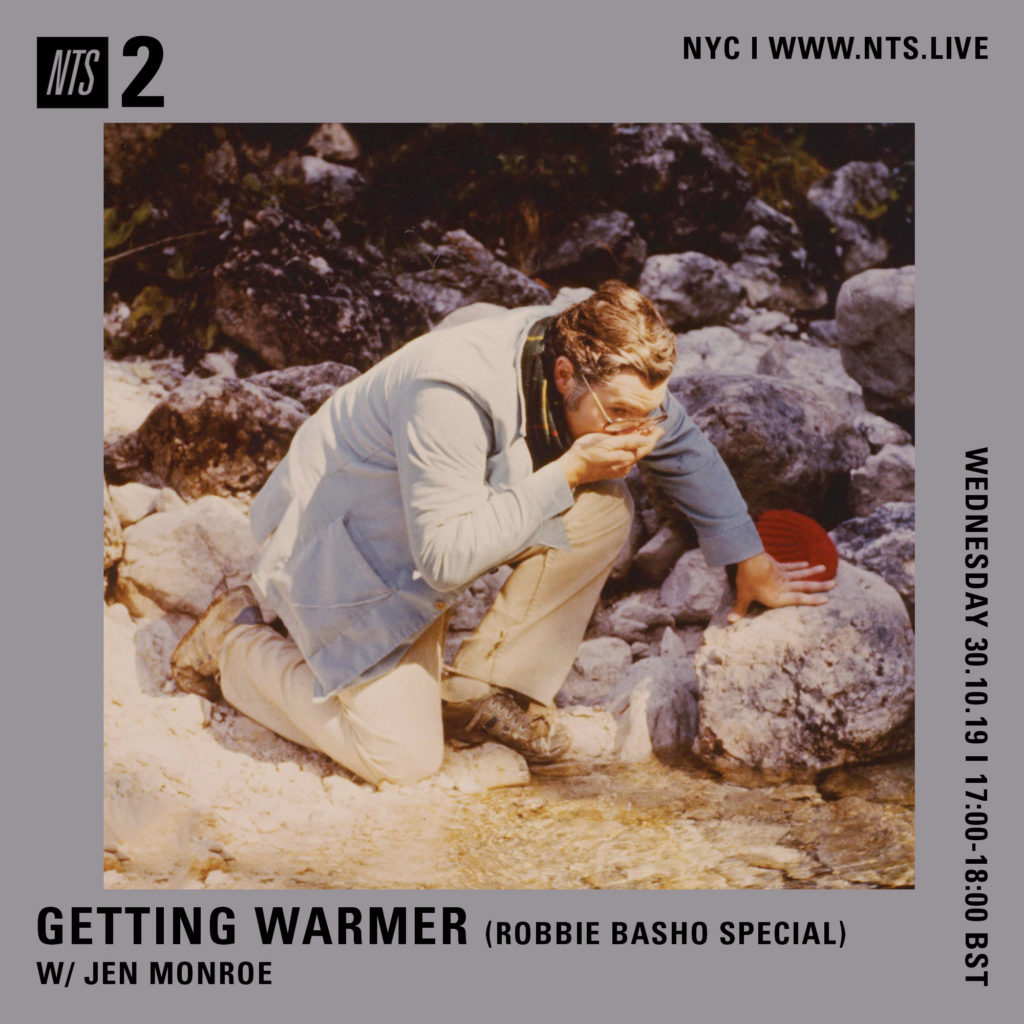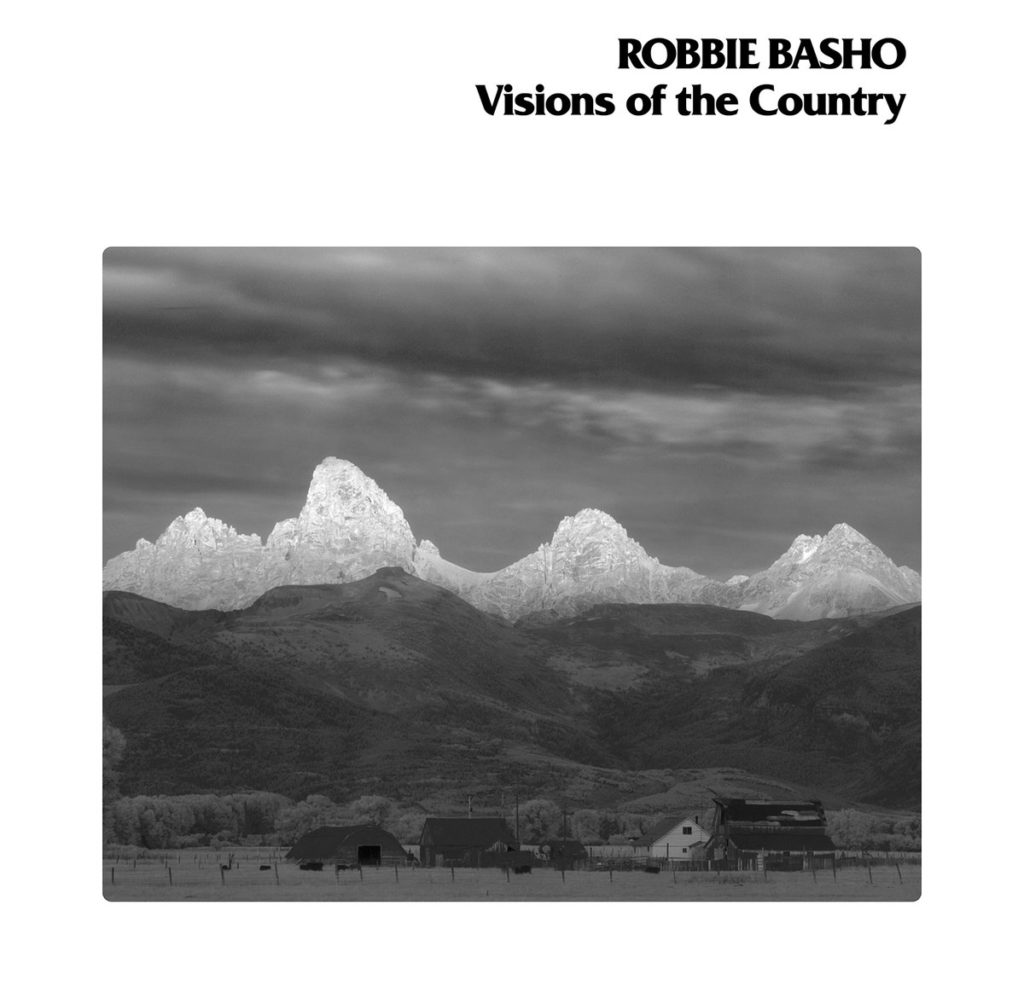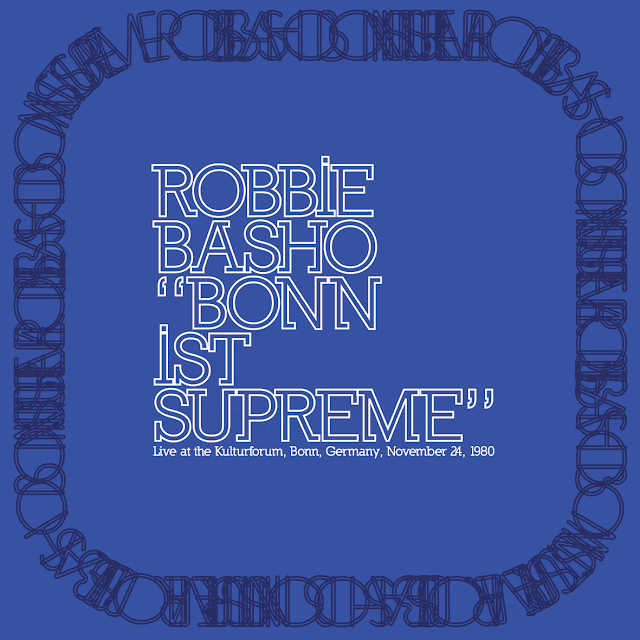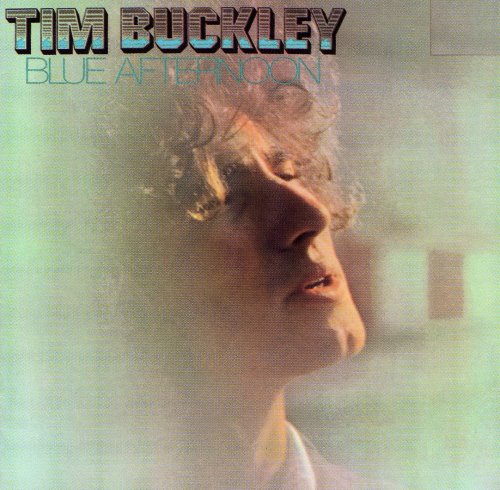
This month for Getting Warmer on NTS Radio, I made a mix in homage to the great Robbie Băsho, who makes some of my favorite fall listening. I did my best to incorporate both his classics and some of his less known moments, all of which evidence such an incredible range of musicianship and emotion.
Though Băsho’s life was tragically cut short by a freak chiropractic accident, he accomplished so much in his twenty years of making music and left us an impressive catalogue to celebrate. He went to military school, then pre-med. He painted, sang, played trumpet, played lacrosse, lifted weights, wrote poetry, and changed his name to Băsho after the Japanese poet. He went through phases of cultural and musical obsession, including Sufi, Buddhist, Hindu, Japanese, Indian classical, Iranian, Native American, English and Appalachian folk, Western blues, and Western classical “periods.” He “used open C and more exotic tunings and he developed an esoteric doctrine for 12- and 6-string guitar, concerned with color and mood. He spoke of ‘Zen-Buddhist-Cowboy songs’ a long time before Gram Parsons mentioned his vision of Cosmic American music.” He studied under Ali Akbar Khan. He pushed for a broader appreciation of the steel-string guitar as a classical concert instrument. He made 14 studio albums in 19 years. He wrote “a Sufi symphony” and another for piano and orchestra about Spanish and Christian cultures coming to America. He’s considered one of the geniuses of American folk and blues, and yet his name often gets lost in conversations about John Fahey, Leo Kottke, and Sandy Bull.
If you’d like to hear more, you can listen to two of his records here and here. You can download an mp3 of the mix here. Take it for an afternoon walk if you’re able. I hope you enjoy it.
“My philosophy is quite simple: soul first, technique later; or, better to drink wine from the hands than water from a pretty cup. Of course the ultimate is wine from a pretty cup. Amen.”
Tracklist:
1. Robbie Băsho – Redwood Ramble
2. Robbie Băsho – Cathedrals et Fleur de Lis
3. Robbie Băsho – Roses and Snow
4. Robbie Băsho – Twilight Peaks
5. Robbie Băsho – Rocky Mountain Raga
6. Robbie Băsho – Rodeo
7. Robbie Băsho – The White Princess
8. Robbie Băsho – Mehera
9. Robbie Băsho – Variations on Clair de Lune
10. Robbie Băsho – Salangadou
11. Robbie Băsho – Basket Full Of Dragons
12. Robbie Băsho – Sweet Medicine
13. Robbie Băsho – Orphan’s Lament
14. Robbie Băsho – Call on the Wind


